Friel Papers
The Friel Papers are the playwright's personal collection, amounting to some 130 boxes of material, which he presented to the National Library of Ireland (NLI) in December 2000. Some additional material was also added to the collection before Friel died. The papers at the NLI cover the entirety of Friel's writing career from 1959 onwards, first as an accomplished short-story writer and later as the renowned author of 30 plays, which dealt thematically with numerous aspects of modern and historical Irish society, using a wide variety of theatrical forms and genres.
Drawing from this vast collection of papers, the Brian Friel Digital Archive features the working drafts of a selection of Friel's best-known plays, a cross-section of his output from 1964-1990.
The Digital Archive was created in partnership between Queen’s University, the NLI and JSTOR. At the time of launch it includes 2,850 scanned items, drawn from five plays. These range from initial notes on themes, narratives and characters – often jotted in pen or pencil on loose sheets – to drafts of scenes written in copybooks and typed on foolscap pages. For some of the plays, final typescript drafts, marked up and edited with Friel’s pen, are also included.

To mark the launch of the Brian Friel Digital Archive in December 2022, the Friel Reimagined project commissioned a series of critical essays to illuminate the creation of Friel's most acclaimed plays and provide unique insights into the life and work of this most accomplished dramatist.
The analyses focus on the following plays and are interspersed with unique images from the Brian Friel Digital Archive: Philadelphia, Here I Come! (1964), The Freedom of the City (1973), Faith Healer (1979), Translations (1980), and Dancing at Lughnasa (1990).
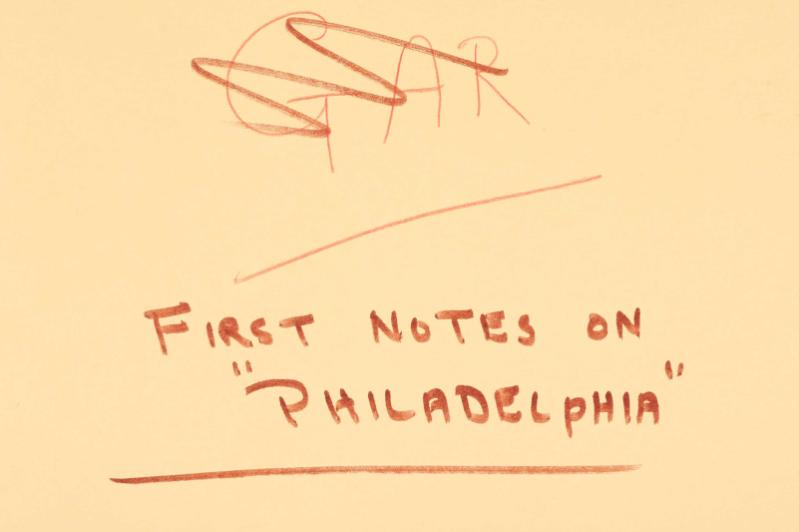
Kelly Matthews, Ph.D. is Professor of English at Framingham State University in Massachusetts and President of the American Conference for Irish Studies. Her paper discusses the tragedy and comedy of Philadelphia Here I Come! as well as the influence of Sir Tyrone Guthrie on the final product. Other ruminations include the inability of father and son to communicate and Public versus Private Gar.
Philadelphia, Here I Come! (1964)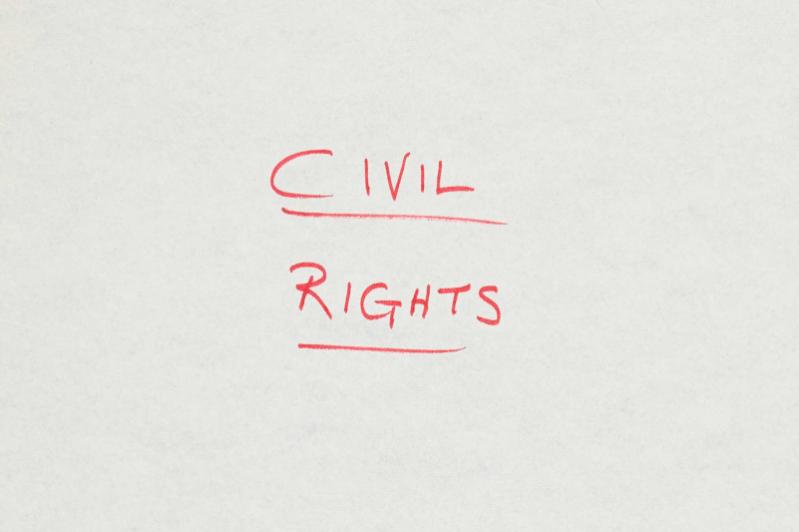
Lisa Fitzpatrick is Senior Lecturer in Drama at Ulster University in Derry. This paper explores the primary focus of The Freedom of the City. Is it a response to the events of Bloody Sunday or more generally concerned with the civil rights movement and the broken relationship between the ruling class and those they would control?
The Freedom of the City (1973)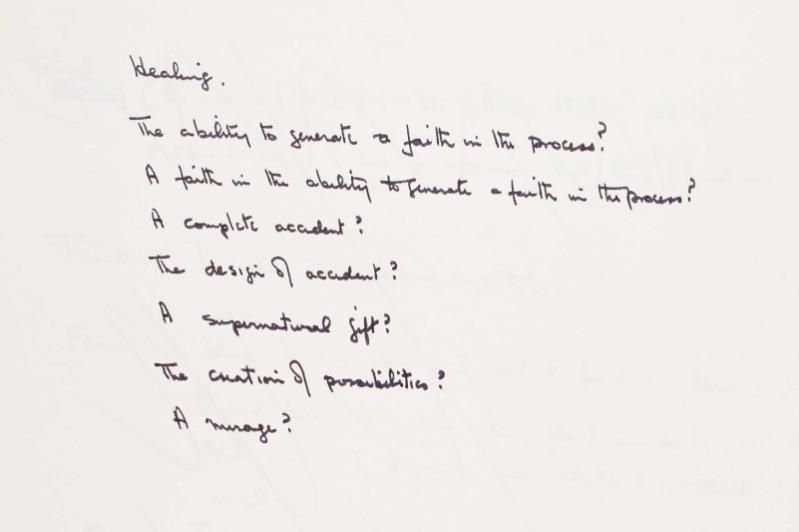
Mr David Grant is a Senior Lecturer in Drama at Queen’s University Belfast. In this paper he explores Friel's creativity, and thought processes - and his frustrations - in developing the essential architecture of Faith Healer.
Faith Healer (1979)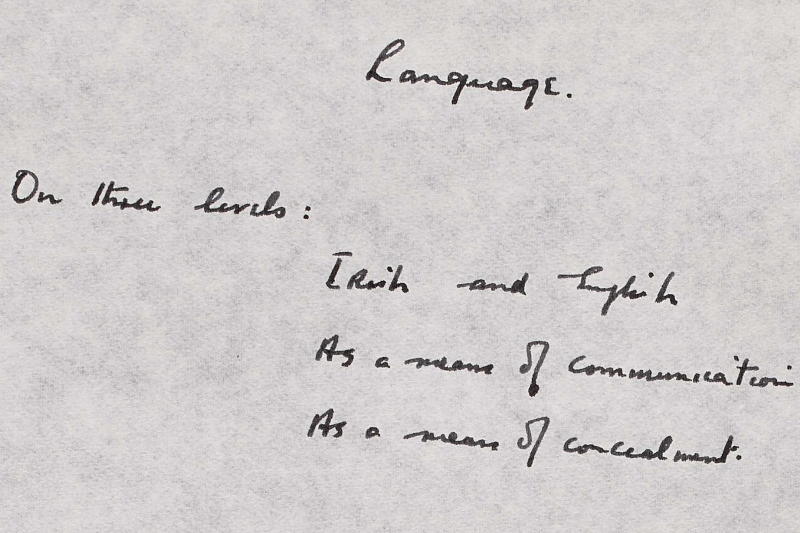
Dr Alison Garden is a UKRI Future Leaders Fellow at Queen's University Belfast, where she leads a project on the cultural and social history of 'mixed marriage', or mixed relationships in modern Ireland. In this paper she explores Friel's literary masterpiece Translations. She discusses its importance as the first production of the Field Day Theatre Company, exploring how Friel used Irish history in its crafting, and his development of the famous love scene between Máire and Yolland.
Translations (1980)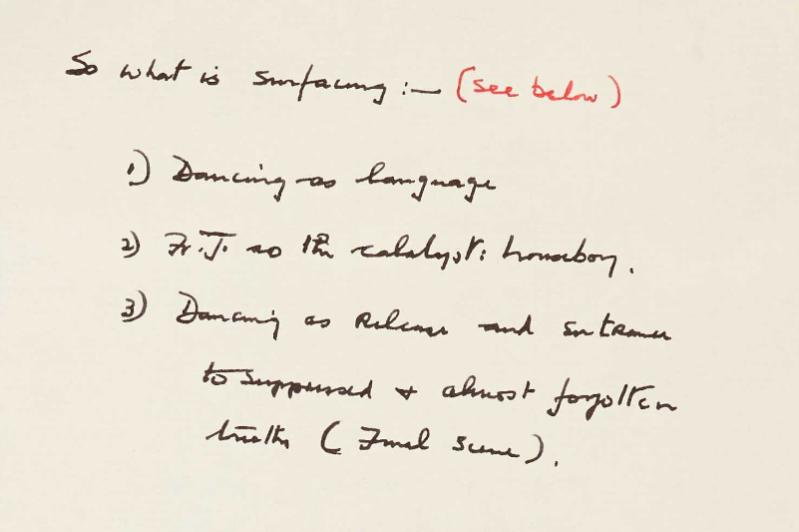
Dr Bernadette Sweeney is Professor of Theatre / Head of Performance & Practice at the University of Montana. Her essay considers the kitchen céilí scene in Dancing at Lughnasa, and Friel's iterative process in developing the scene over successive revisions of the script.
Dancing at Lughnasa (1990)